In the February 20-21 consistory, which focused on Kasper’s proposal to seek a pastoral solution to allow divorced and remarried Catholics to receive Communion, a majority of the cardinals opposed the “Kasper Thesis,” Italian Vaticanist Marco Tosatti has reported.
Pope Francis on February 20 opened a major two-day meeting on the Church’s approach to the complexities of modern family life. He told the assembled cardinals that the Church needs a “pastoral” approach toward divorced and remarried Catholics that is “intelligent, courageous and full of love” and not focused on abstract arguments. (Francis added the phrase “intelligent, courageous and full of love”; they were not in his written remarks.)
Francis urged the closed-door summit of about 150 cardinals to “deepen the theology of the family and discern the pastoral practices which our present situation requires.”
So Francis chose a German cardinal, Walter Kasper, now 80, one of the Pope’s favorite theologians, to address the meeting and set the stage for the discussion which was to follow.

A letter to Pope Clement VII pleading for the annulment of the marriage of King Henry VIII and Catherine of Aragon.
Kasper — who 15 years ago publicly sparred with another German cardinal, Joseph Ratzinger (who later became Benedict XVI) on the theological issue of the nature of the Church (was the Church fully, completely present in the “particular” Church, in the local Church community, in the parish, or only in the “universal” Church, with its connection to Rome and the Pope, and mystically to all other local churches?; Kasper held for the first position, Ratzinger for the second) — delivered a two-hour talk that took up most of the first morning’s session.
It is only now becoming clear that, in his effort to find a doctrinally acceptable way to be “pastoral,” he raised eyebrows among his fellow cardinals, who perceived in his remarks the possibility of a change in the Church’s perennial doctrine on the indissolubility of marriage.
Kasper has become known for his desire to relax the ban against Communion for Catholics who have divorced and remarried without an annulment; as a bishop in Germany in the 1990s, he tried to institute a policy that would allow divorced and remarried Catholics to receive Communion in certain circumstances. The plan was rejected by the Vatican’s doctrinal office, then headed by Ratzinger.
In his talk, Kasper did not offer any specific proposals, but repeatedly stressed the importance of pastoral flexibility and realism in dealing with people in challenging or unusual family situations.
Vatican insiders say the Pope would like to try to change the Church’s approach rather than to ignite a theological war over doctrine.
But that theological war may have been touched off by Kasper’s February 20 talk.
Some have given the impression that all the cardinals present were quite pleased with the views presented by Cardinal Kasper. But, in the days after the talk, first one, then two, then three, then many of the College of Cardinals began to voice doubts and concerns. The first to speak up clearly in public following the consistory was Cardinal Carlo Caffarra of Bologna, Italy, followed by the American Cardinal Raymond Burke of the Apostolic Signature.
But according to Marco Tosatti, a veteran Vatican journalist who writes for the VaticanInsider website, from day one the College of Cardinals was in its majority against the “Kasper Proposal.”
Here follow some excerpts from Tosatti’s report on the reaction to Kasper’s talk.
The Secret Consistory: What Happened
In the Secret Consistory where the divorced/remarried and the Eucharist were discussed, “Kasper’s thesis” received little consensus and a lot of criticism. Here is a reconstruction of some of the most significant and important statements. “It would be a fatal mistake,” someone said, to follow the pastoral approach without referring to doctrine.
The consistory on February 20 to discuss the family was supposed to be secret. Instead, a decision came from the top that it was opportune to publish Cardinal Kasper’s long report on the question of the Eucharist for the divorced and remarried. However, half of the Consistory remained secret: [that half] concerned observations from cardinals. And maybe not by chance, as, after Cardinal Kasper had presented his long report (and as it seems it was not very light when given) quite a number of voices were raised in criticizing it. So much so, that in the afternoon when the Pope gave him the job of responding, the German cardinal’s tone sounded piqued, even angry, to some of those present.
The current opinion is that “Kasper’s thesis” tends to allow permission in general for the divorced and remarried to receive Communion, without the previous marriage being recognized as null. At present this does not happen, based on Jesus’ words, which were very severe and explicit on divorce. Divorced people who live a full matrimonial life without the first union being regarded as invalid by the Church, find themselves in a situation of permanent sin, according to present doctrine.
In this sense, Cardinal Carlo Caffarra of Bologna as well as German Cardinal Gerhard Mueller (Prefect of the Congregation of the Faith) spoke clearly.
Equally explicit was Cardinal Walter Brandmueller (“Neither human nature nor the Commandments nor the Gospel have an expiry date[…] Courage is needed to enunciate the truth even against current customs. Whoever speaks on behalf of the Church must possess courage if he does not want his vocation to be a failure.[…] The desire to obtain approval and applause is a temptation which is always present in the transmission of religious teaching.” Afterwards he made his words public).
Also the President of the Italian Bishops, Cardinal Angelo Bagnasco, expressed himself in a critical manner with regard to “Kasper’s thesis.” The same went for African Cardinal Robert Sarah, head of Cor Unum, who at the end of his comments, recalled that in the course of the centuries, even on dramatic questions, controversies and divergences had existed inside the Church, and the role of the papacy had always been the one of defending doctrine.
Cardinal Giovanni Battista Re, who was one of Bergoglio’s “great electors,” gave a very short statement, which can be summarized thus: “I will speak for just a moment, because there are future new cardinals here and perhaps some of them do not have the courage to say it, so I will: I am completely against this report.”
Also, the Prefect of the Penitentiary, Cardinal Piacenza said he was against it and more or less said: “We are here now and we will be here again in October for a Synod on the Family, and so since we want to have a positive Synod, I don’t see why we have to touch only on the matter of Communion for divorcees.” He added: “Since we want to have a debate on pastoral care it seems to me that we should have to take note of a widespread pan-sexualism and the attack of the ‘ideology of gender’ which tend to demolish the family as we have always known it. It would be providential if we were lumen gentium (“a light to the nations”) so as clarify the situation we find ourselves in, as well as the things that can destroy the family.” He concluded by exhorting a re-reading of the catecheses by John Paul II on corporeity, since they contain many positive elements about sex, being a man and a woman, procreation and love.
Cardinal Tauran (of Interreligious Dialogue) returned again to the attack on the
family, also in light of relations with Islam. Likewise Cardinal Scola of Milan raised theological and doctrinal perplexities.
Cardinal Ruini was also very critical. He [also] added: “I don’t know if I understood well, but at this moment, about 85% of the Cardinals have expressed opinions apparently contrary to the main lines of the report.” He added that among those who did not say anything — therefore could not be classified — he took from their silence that: “I believe they are embarrassed.”
Cardinal Ruini then cited “Good Pope John.” In essence he said: “When John XXIII gave his opening speech at the Second Vatican Council, he said a pastoral council could be held as, fortunately, doctrine was accepted peacefully by everyone and there were no controversies; so a pastoral approach could be presented without fear of misunderstandings because doctrine remained very clear.”
If John XXIII was right then, the cardinal continued, God alone knew, but apparently it was true to a large extent. This absolutely could not be said anymore today, because doctrine is not only not shared, it is contested. “It would be a fatal mistake” to follow the pastoral approach without referring to doctrine, he said.
So it is understandable that Cardinal Kasper seemed a little piqued in the afternoon when Pope Bergoglio allowed him to respond, without permitting, however, the start of a real debate: only Kasper spoke. To add to the criticisms aired about “Kasper’s thesis” during the consistory, criticisms by cardinals from all over the world are also coming privately to the Pope.
German Cardinals who know Kasper well, say that he has had a passion for this subject since the 1970s. The problem raised by many critics is that on this point the Gospel is very clear. And by not taking this into account – which is the fear – any other point of doctrine based on the Gospel would be rendered very unstable, and modifiable at will.
(Source: La Stampa, March 24, 2014. Translation: Francesca Romana.)

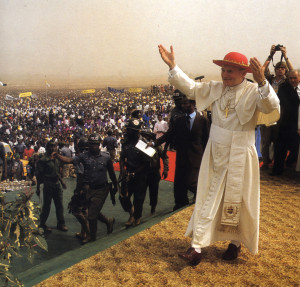
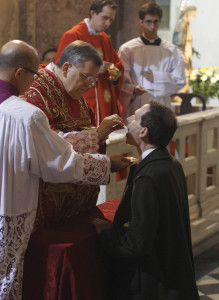
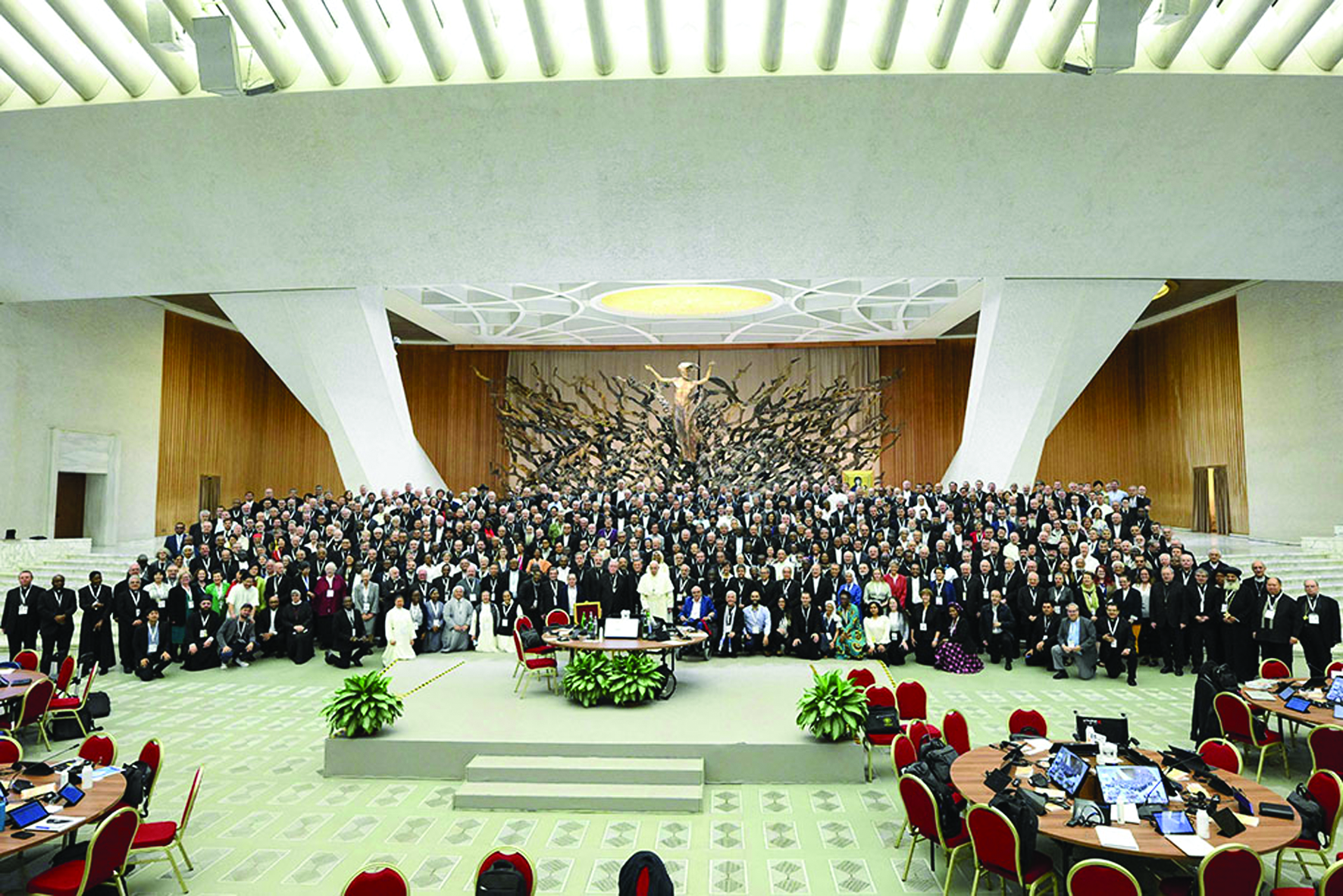
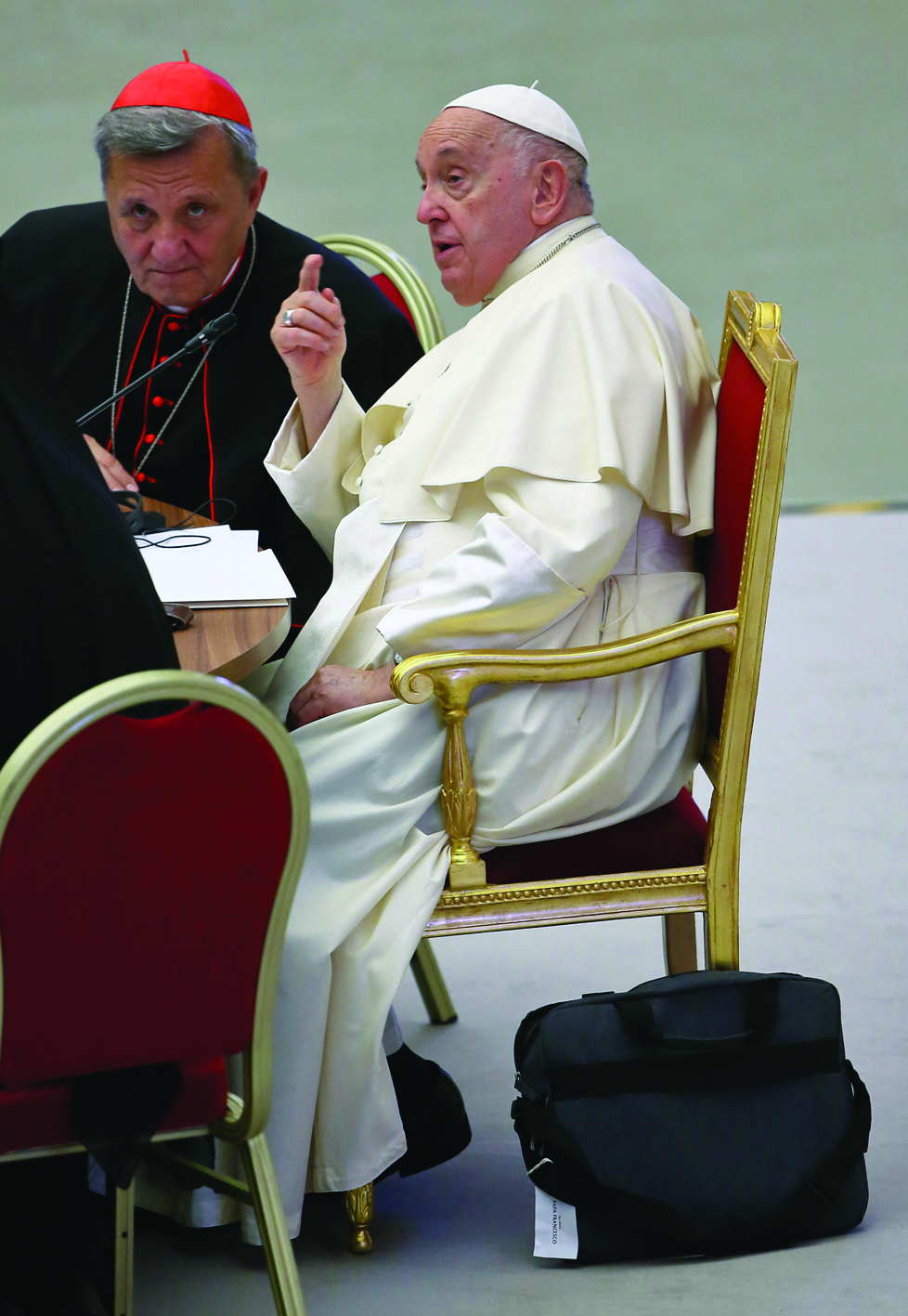
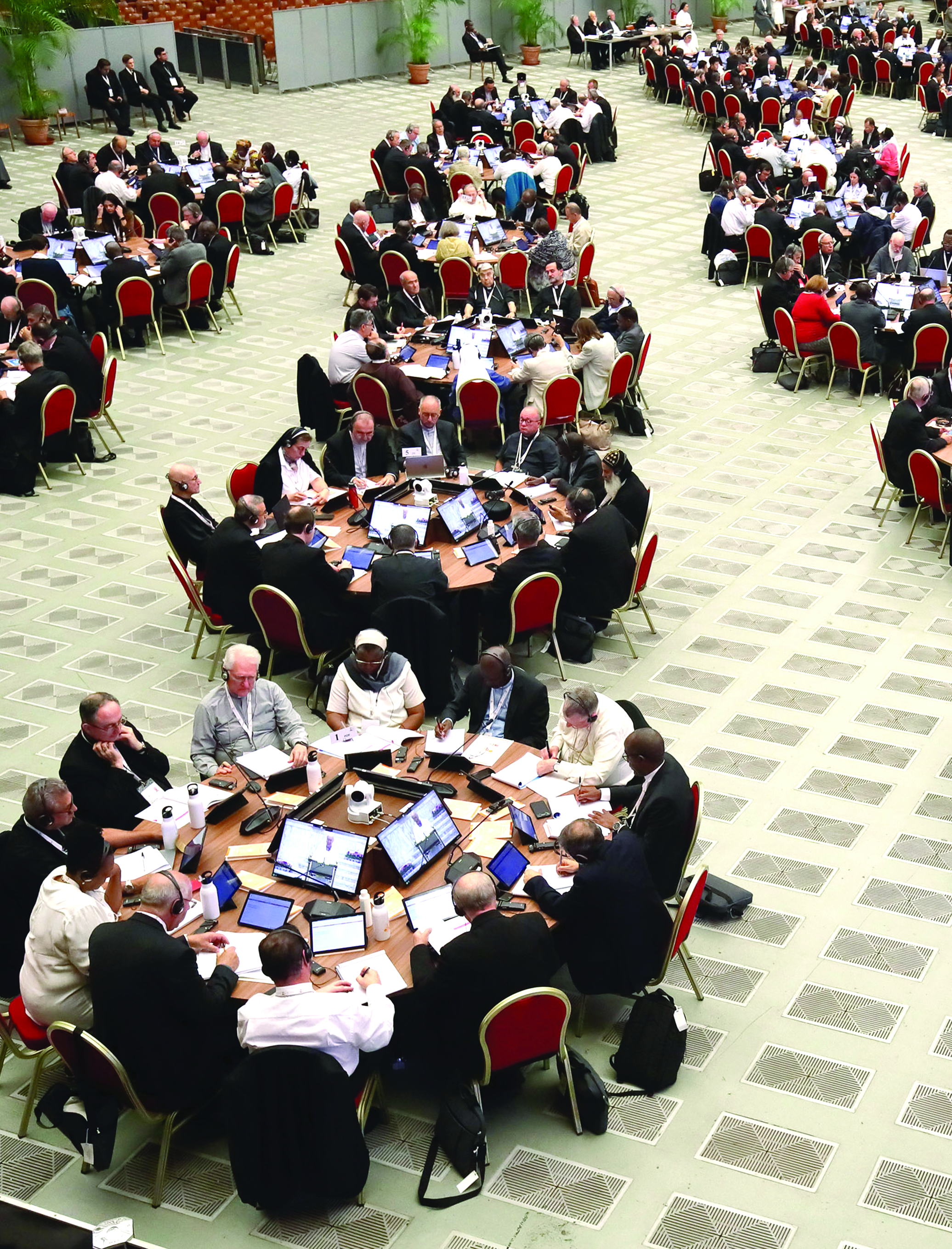
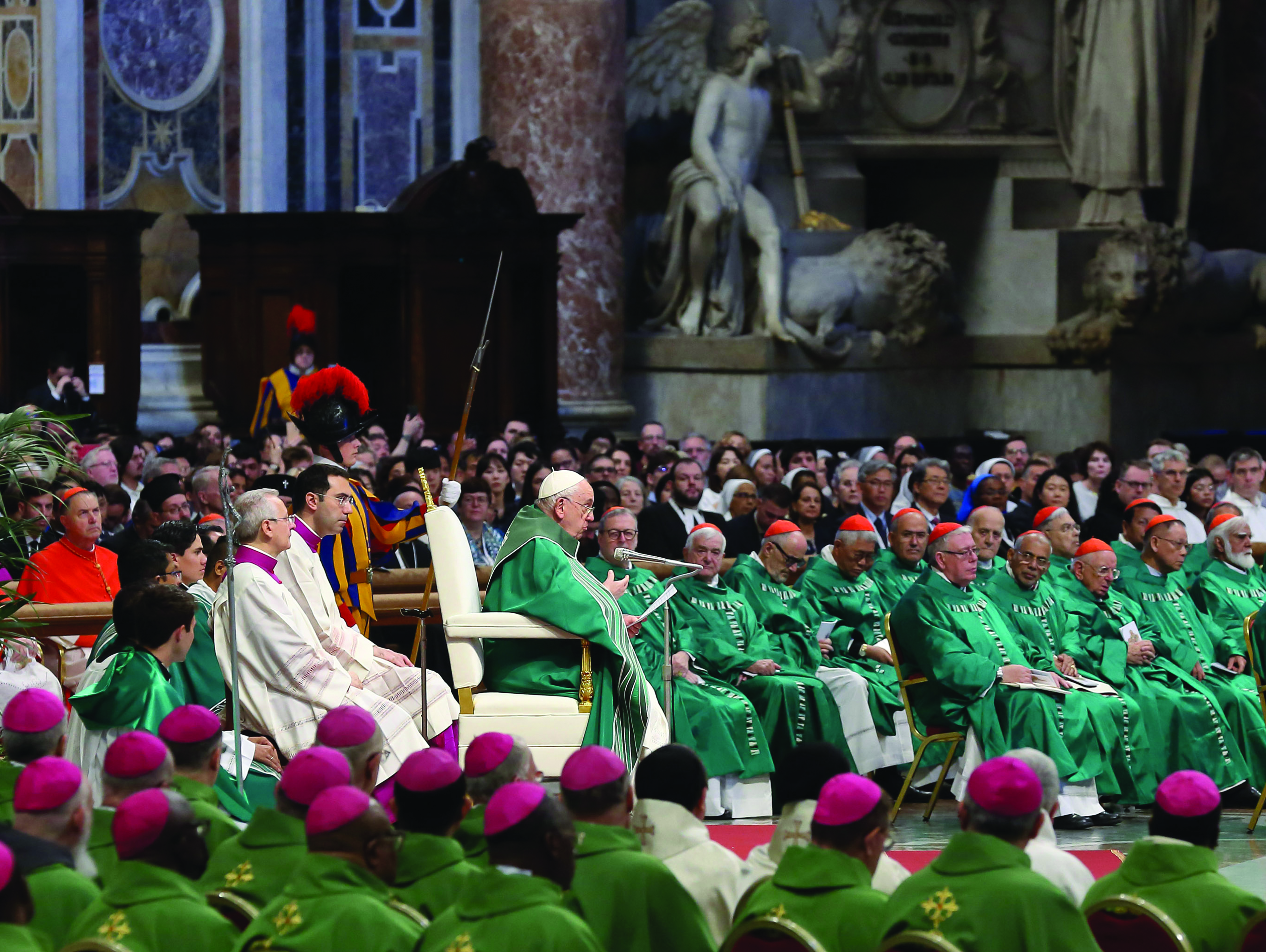
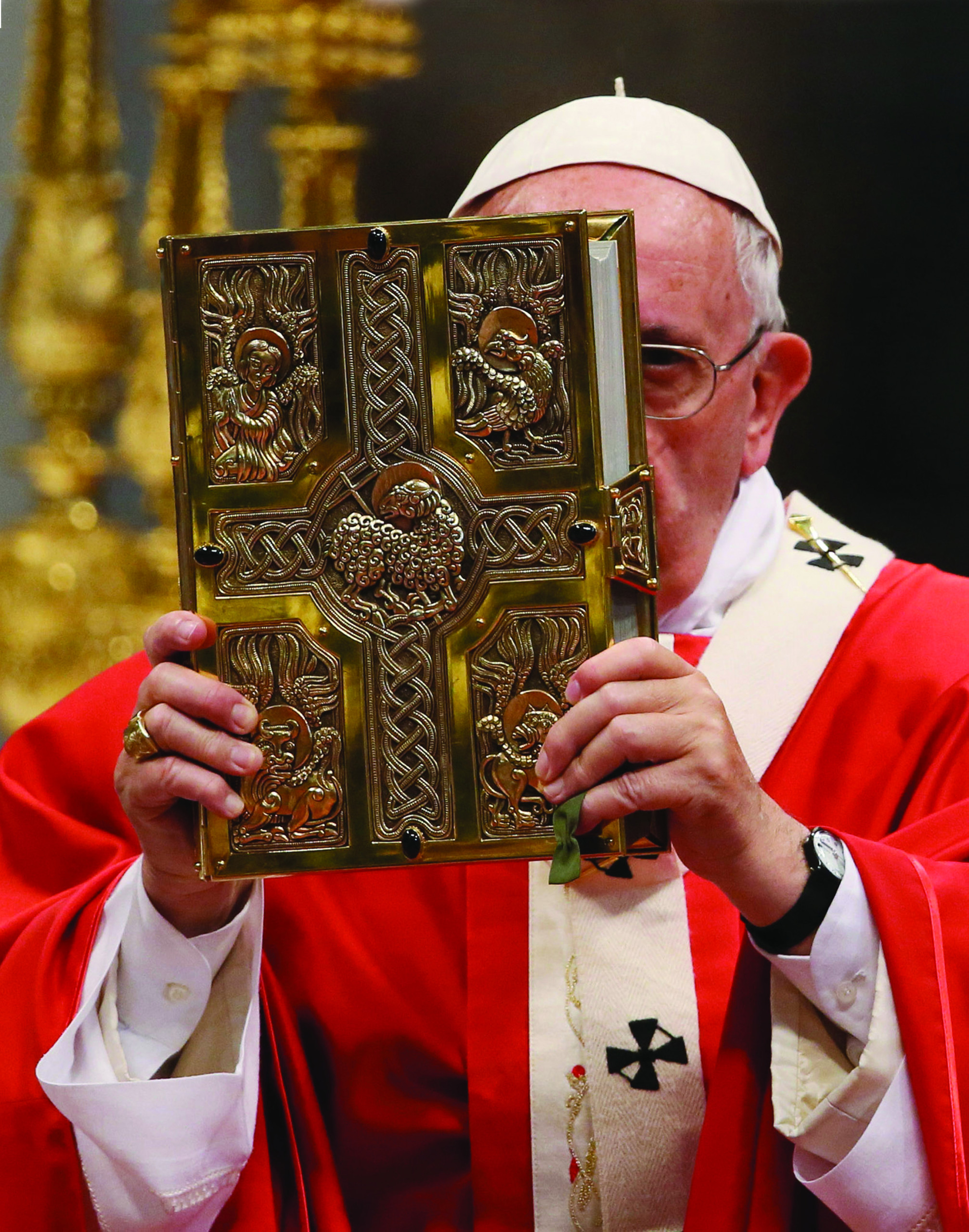
Facebook Comments